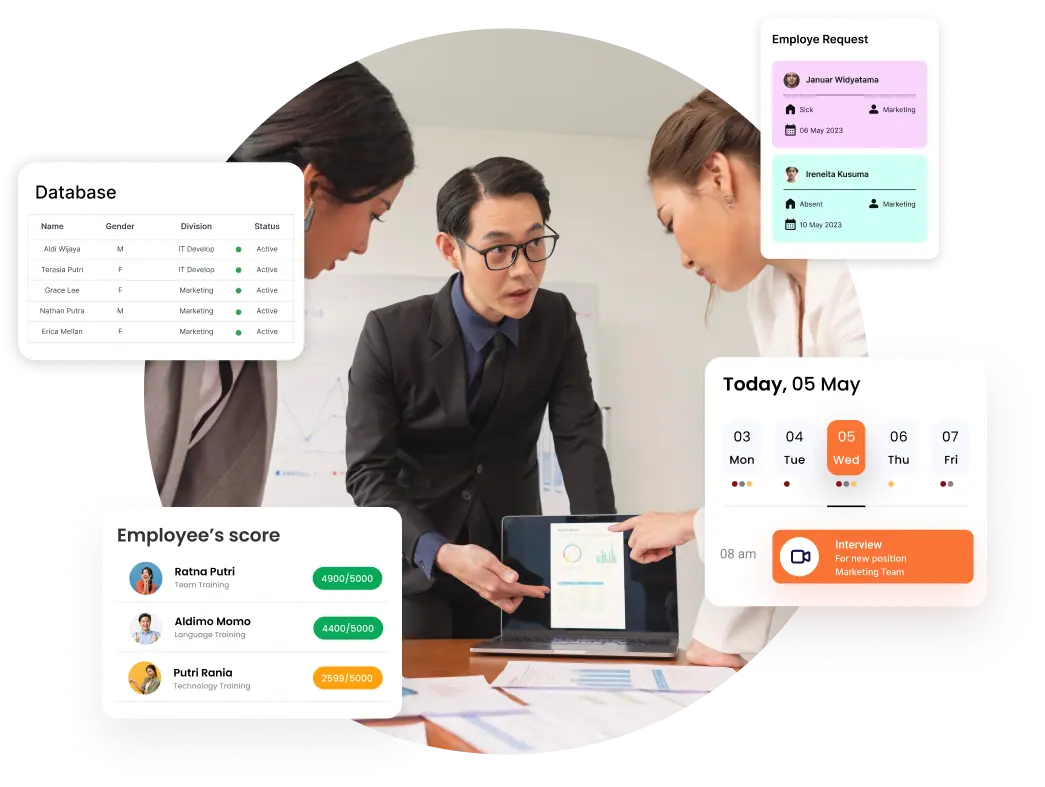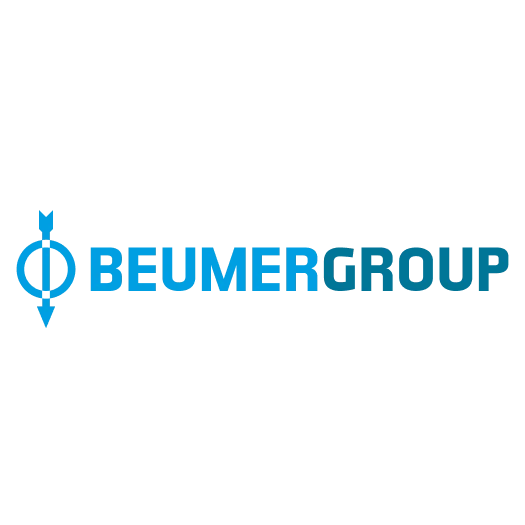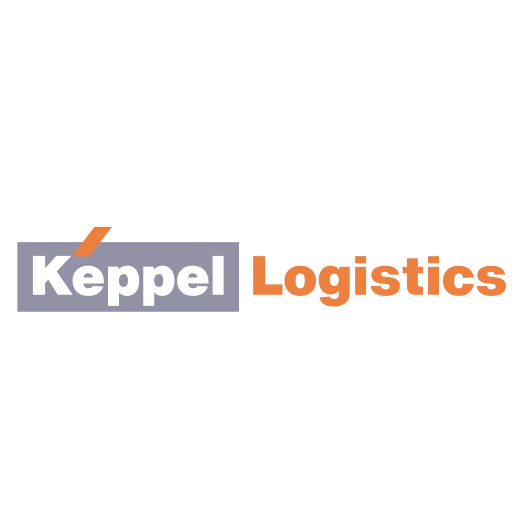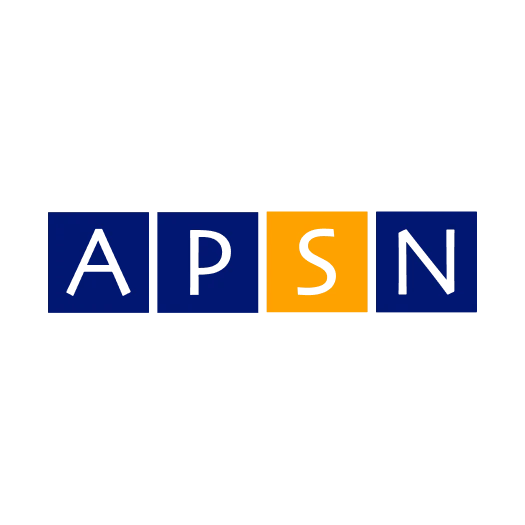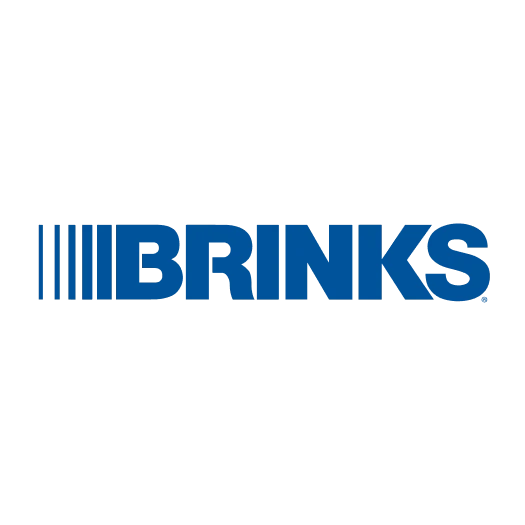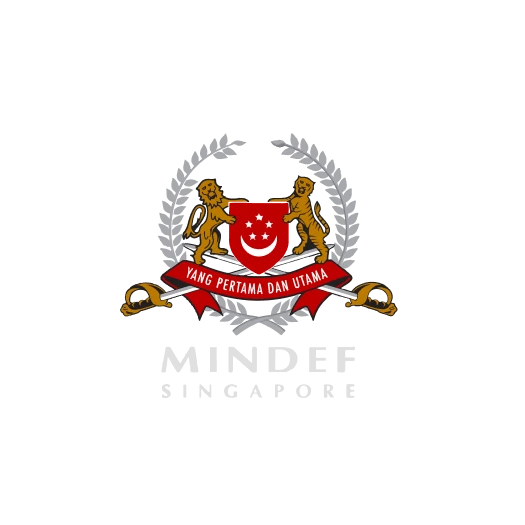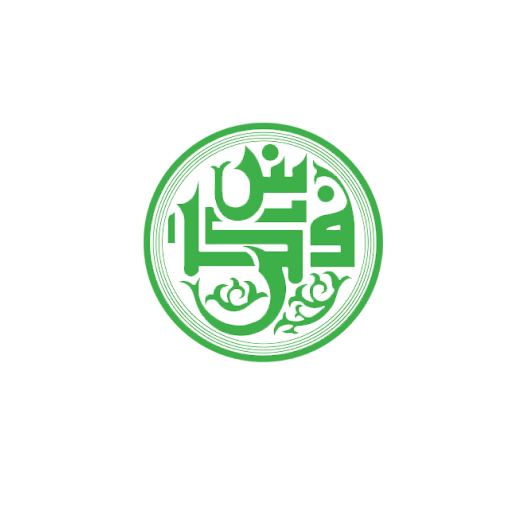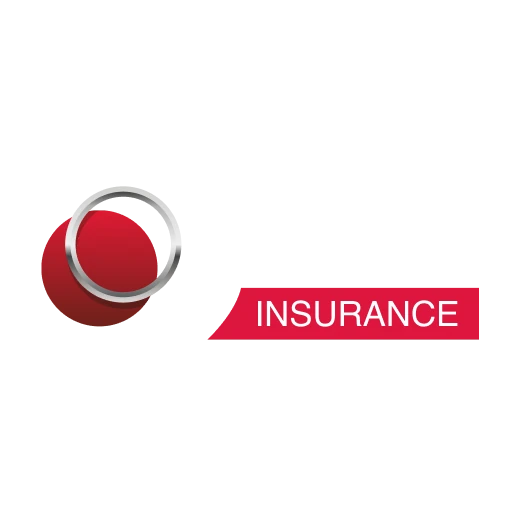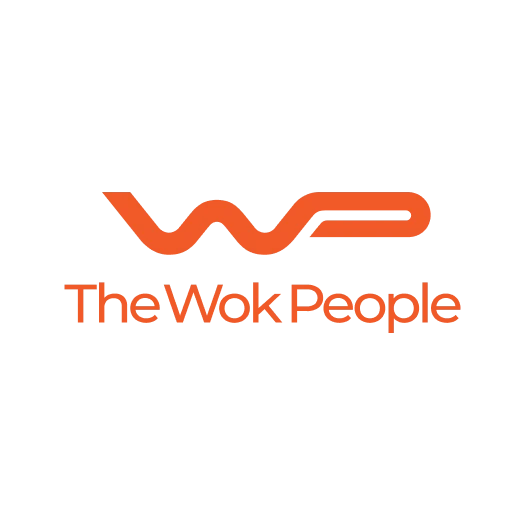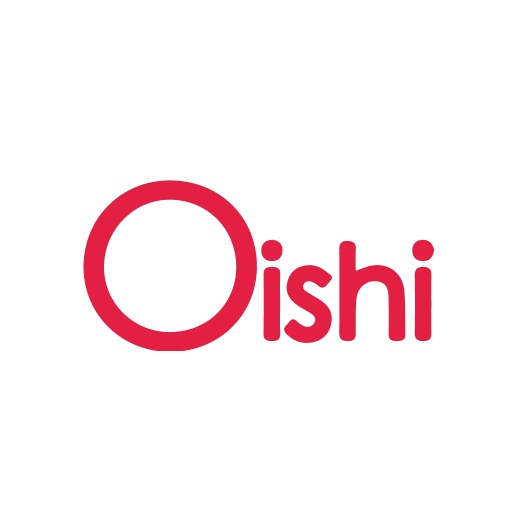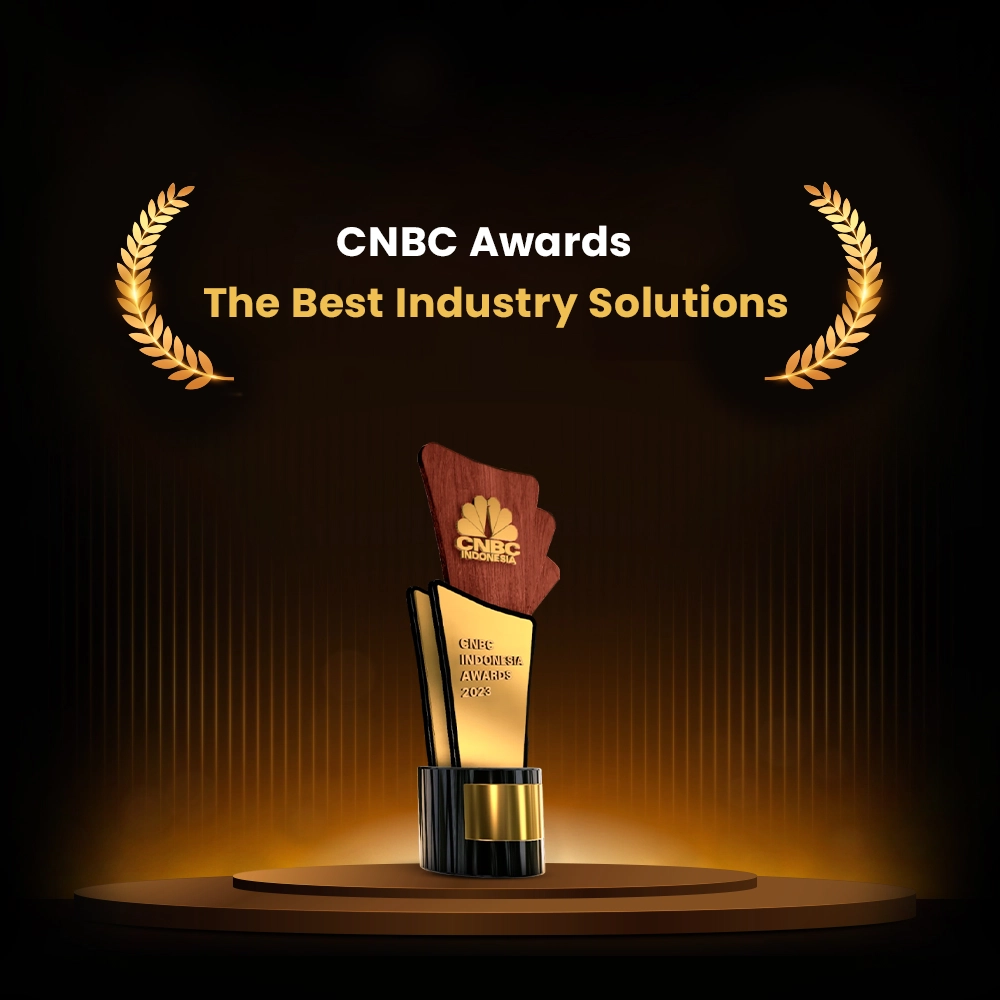On-Premise HRM Software and Cloud HRM Software differ mainly in their deployment, accessibility, and maintenance requirements. Here’s a breakdown of the key differences:
1. Deployment and Accessibility: On-Premise HRM Software installed and hosted on the company’s local servers and infrastructure. Users can only access the software within the organization’s network or via remote access tools. On the other hand, cloud HRM Software hosted on a third-party provider’s servers and accessed through the internet. Employees can access the software from anywhere, at any time, using various devices.
2. Cost Structure: On-Premise HRM Software involves a significant upfront cost for software licenses, servers, and hardware, along with ongoing maintenance and IT support expenses, while cloud HRM software typically offered as a subscription-based model (SaaS), with lower initial costs and predictable monthly or annual fees. The service provider handles updates and maintenance.
3. Maintenance and Updates: On-Premise HRM Software requires in-house IT teams to manage software updates, bug fixes, and server maintenance, which can be time-consuming and costly, while with cloud HRM software, the vendor is responsible for maintenance, regular updates, and security patches, ensuring the software is always up-to-date with minimal involvement from the company.
4. Scalability: With on-Premise HRM Software, scaling up or down can be challenging as it often requires purchasing additional hardware or licenses. But with cloud HRM Software, it is easily scalable to accommodate changing business needs, with the flexibility to add or remove users and features as required.
5. Data Security and Compliance: Using on-premise HRM software, the organization retains full control over data storage and security, which can be an advantage for companies with strict data governance policies. In contrast, the cloud HRM software's vendor typically implements robust security measures, including encryption and compliance with data protection laws, but data is stored on external servers, which may be a concern for some organizations.
6. Customization and Integration: On-Premise HRM Software often offers more extensive customization options, as the company has complete control over the software environment. While cloud HRM software is customizable to some extent, it may not offer the same level of customization as on-premise solutions. However, it generally integrates more easily with other cloud-based tools and applications.
